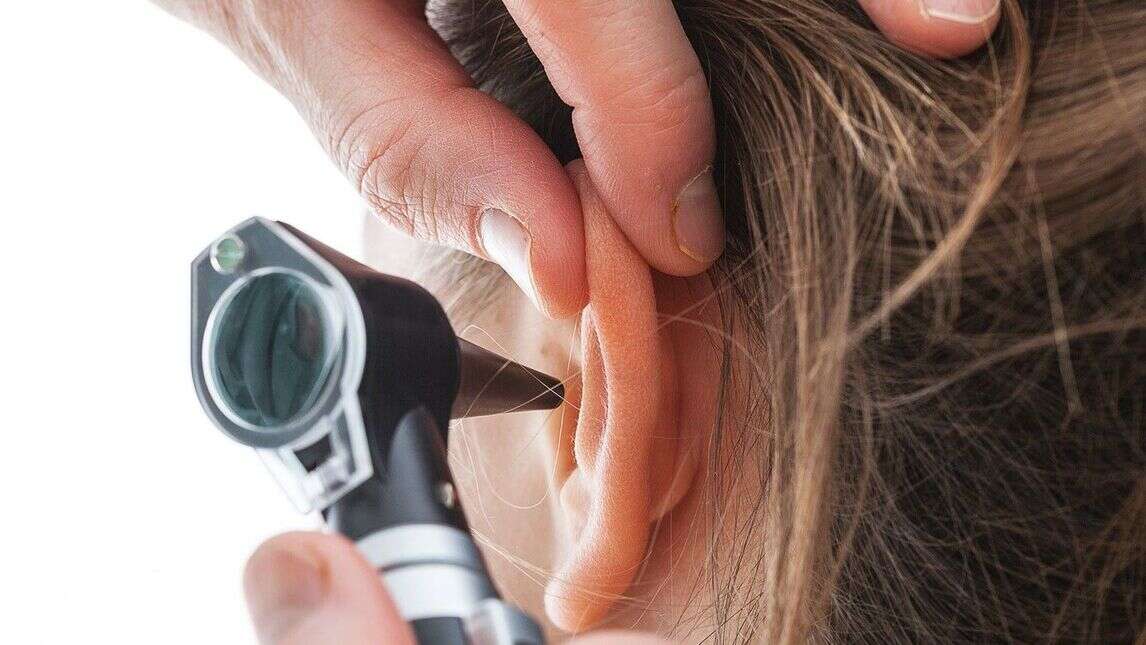Ear Health: A Complete Guide to Protecting Your Hearing
Our ears are vital for hearing, balance, and overall well-being. Maintaining proper ear health is essential to prevent hearing loss, infections, and other auditory issues that can affect daily life.
Ear health involves hygiene, protection, nutrition, and lifestyle habits that preserve hearing and prevent common problems like tinnitus, ear infections, and age-related hearing decline.

Understanding Ear Health
The human ear consists of three main parts:
Outer ear: Captures sound waves
Middle ear: Transmits sound via tiny bones
Inner ear: Converts sound into nerve signals and maintains balance
Maintaining all three components ensures good ear health. Problems in any part can lead to hearing difficulties, dizziness, or discomfort.
Common Ear Health Issues:
Ear infections: Often caused by bacteria or viruses
Tinnitus: Ringing or buzzing in the ears
Hearing loss: Age-related, noise-induced, or due to infections
Earwax buildup: Can block sound and affect hearing
Understanding these issues helps in early prevention and maintaining healthy ears.
Daily Habits for Ear Health
Simple habits can greatly enhance ear health:
1. Keep Ears Clean
Avoid inserting objects like cotton swabs deep into the ear canal. Instead, gently clean the outer ear with a soft cloth. This prevents earwax impaction and injury.
2. Protect from Loud Noise
Loud sounds from concerts, machinery, or headphones can damage inner ear cells. Use earplugs or noise-canceling headphones when exposed to high volume.
3. Limit Water Exposure
Excess moisture can lead to swimmer’s ear or bacterial infections. Dry your ears gently after swimming or showering.
4. Avoid Smoking
Smoking reduces blood flow to the inner ear, increasing the risk of hearing loss and infections.
5. Practice Good Hygiene
Wash hands regularly and avoid sharing earphones or earbuds to reduce the risk of infection.
Consistently following these habits supports long-term ear health.
Nutrition and Ear Health
Diet plays a significant role in preserving hearing and protecting ear function.
Key Nutrients for Ear Health:
Vitamin B12: Supports nerve health, found in eggs, fish, and dairy
Magnesium: Present in nuts, leafy greens, and whole grains, protects against noise-induced hearing loss
Omega-3 fatty acids: Found in fish and flaxseeds, improve circulation to the inner ear
Antioxidants (Vitamins C & E): Protect ear cells from oxidative damage
Zinc: Found in seeds, legumes, and seafood, supports immune function to prevent infections
A nutrient-rich diet strengthens the auditory system and reduces the risk of hearing problems.
Exercise and Ear Health
Regular physical activity enhances ear health by improving blood circulation and reducing the risk of chronic conditions that can affect hearing, like diabetes and high blood pressure.
Recommended Practices:
Cardio workouts: Walking, jogging, or cycling boost circulation to the ears
Strength training: Helps maintain overall health, supporting auditory function indirectly
Balance exercises: Yoga or tai chi can enhance inner ear balance, reducing dizziness
Consistent exercise contributes to both hearing preservation and overall wellness.
Preventive Measures
Proactive care ensures optimal ear health throughout life:
Regular hearing tests, especially after age 40
Prompt treatment of ear infections
Avoid prolonged headphone or earbud use at high volume
Manage underlying health conditions like hypertension or diabetes
Early detection and preventive care minimize risks and maintain auditory function.
Managing Common Ear Problems
Ear Infections
Keep ears dry and clean
Avoid inserting foreign objects
Seek medical attention if infection persists
Tinnitus
Reduce exposure to loud sounds
Manage stress and practice relaxation
Use background noise to mask ringing
Hearing Loss
Monitor for gradual changes in hearing
Schedule periodic audiologist check-ups
Protect ears from loud environments
Lifestyle Choices for Ear Health
Additional lifestyle habits support long-term ear health:
Maintain a healthy weight to support cardiovascular health
Avoid excessive alcohol consumption
Prioritize quality sleep for nerve and auditory function
Manage stress to prevent tinnitus exacerbation
Conclusion
Maintaining ear health requires a combination of proper hygiene, nutrition, exercise, and preventive care. Protecting your ears from noise, practicing good habits, and monitoring changes early can prevent hearing loss and other ear problems.
Being proactive about ear care today ensures long-term hearing, balance, and overall wellness.
This product is very helpful for this problem.
